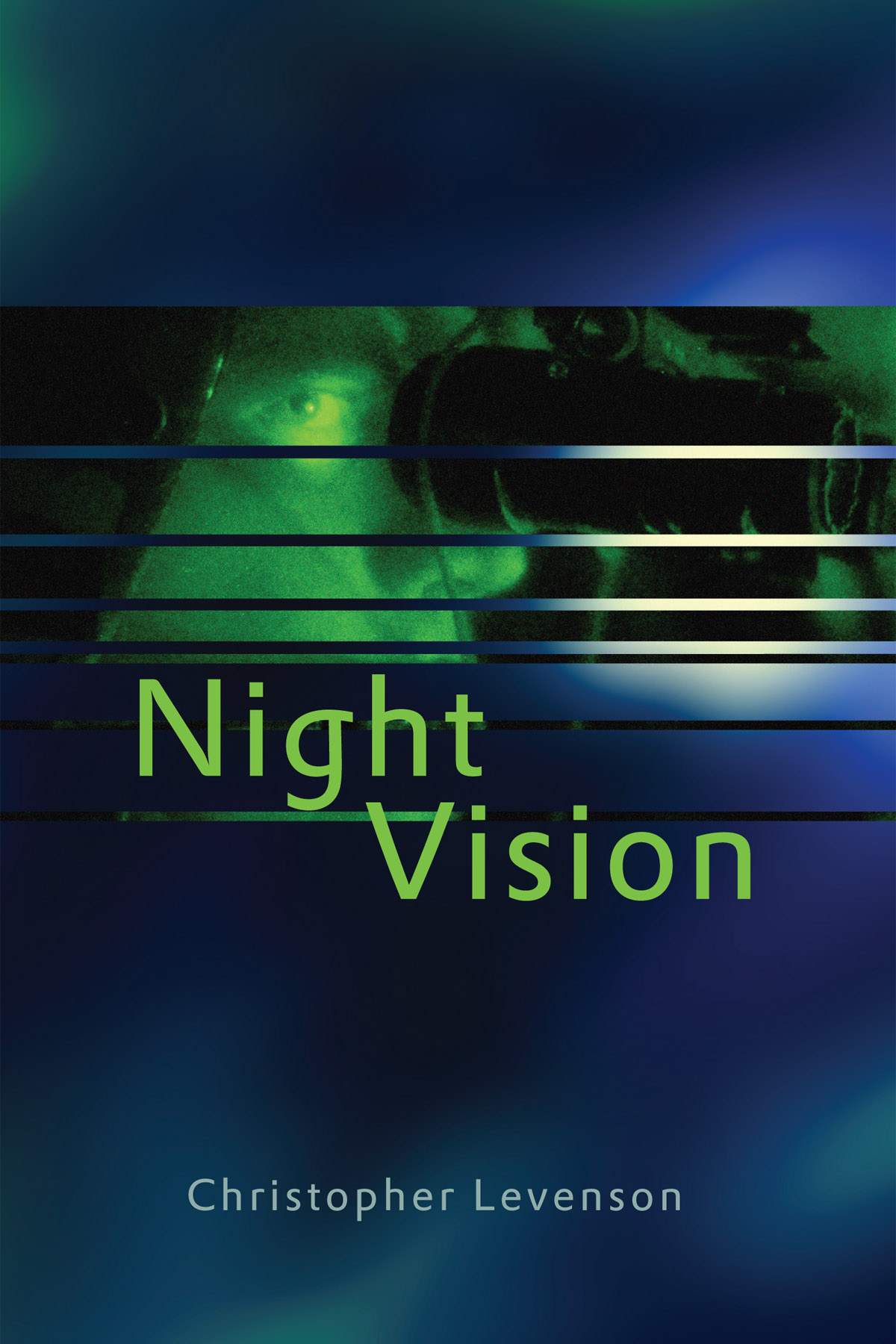Night Vision is not for the faint of heart.
For anybody seeking honest, compelling images of living through the Blitz, working in war torn and flood-ravaged countries, and striving for political change, Levenson has produced a masterpiece of narrative whose haunting imagery encourages the reader to take a moment and consider what humanity seeks to accomplish with its continued glorification of war and efficiency.
Levenson’s beautifully written collection begins with a remembrance of his childhood in Britain, where war was a distant idea despite the echoes of bombs over London and regular broadcasts of “Churchill’s orations” on BBC radio. Levenson longs for the days of childhood when innocent indifference was acceptable and globalization hadn’t yet brought violence to the forefront of our daily lives as silent observers – and often voyeurs – of worldwide trauma.
As the collection continues, Levenson examines violence on TV, the regeneration of destroyed cities, and the narrow divide between human and animal, drawing parallels between old and new, innocence and experience, good and evil, and inviting us to examine the thin line between these worlds.
Night Vision takes its title from the night vision goggles worn by soldiers to see through the darkness to destroy and kill as well as from the political and ecological night that threatens humankind. With beautiful, thought-provoking language Levenson paints pictures of life in Europe, Canada, and Central America in both the Twentieth and Twenty-first Centuries, inviting readers to question the global respect for rationalism which has bought about so much destruction.
Night Vision is filled with beautiful and compelling poems and is rife with poignant observations of human pain and loss. It also presents a shadow of what could be if humanity chose to throw off its dark cloak and “abandon our sadness for joy”, an admirable vision indeed and one Levenson clearly believes is worth striving towards.
Reviewed by Ashley Gerling








